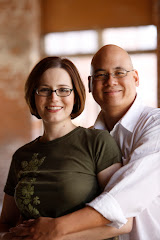Bilingual research looks at the acquisition of two languages whether simultaneously or consecutively. Much research has been done in this field with Cummins at the forefront of bilingual research. He has created the threshold theory which hypothesizes that any positive cognitive benefit from bilingual communication relies on the speaker’s competence in each language. There are two thresholds. For obtainment of the first threshold, a child must become competent in one language reaching age-appropriate skill. This obtainment avoids any negative effects of acquiring a second language. The second threshold is obtained with age appropriate competence in both languages. Cummins labels this term “balanced bilingualism.” Once a child has become balanced, cognitive advantages appear over monolingual children.
After reading through Chapter 17 and your experience, is there any benefit with the way bilingualism is addressed in the classroom?
Lazaruk, W. (2007). Linguistic, academic, and cognitive benefits of French immersion. The Canadian Modern Language Review, 63(5), 605-628.
Module 6 Poetry, Drama, Film, Response
14 years ago

